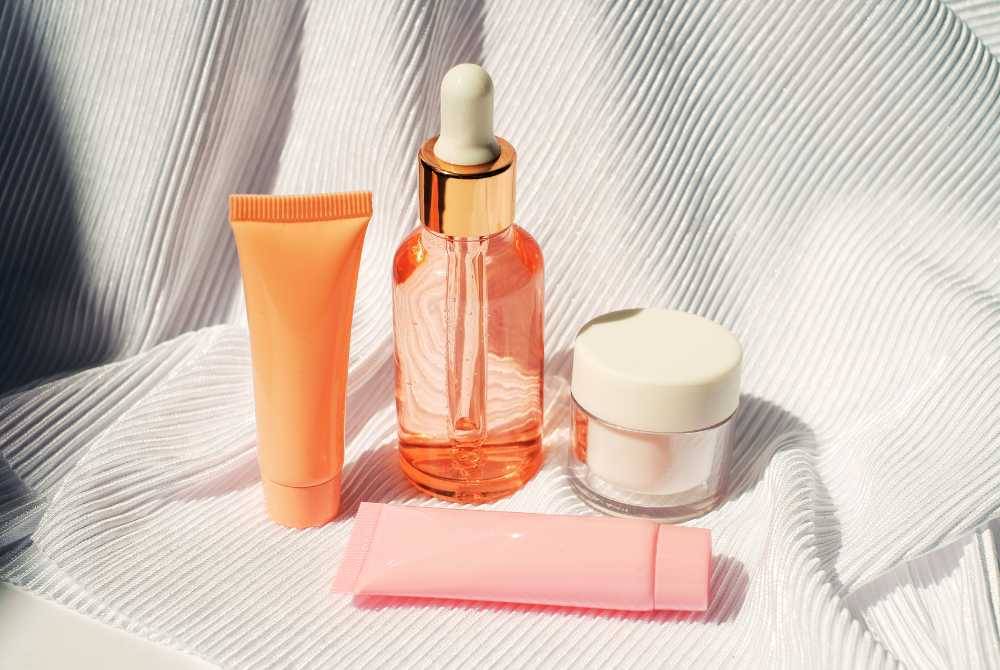Calls grow for stricter regulations on mercury-laden beauty products
The demand for mercury-based products highlighted the need for tighter regulations to prevent these harmful items from entering the market.

SHAH ALAM - Mercury-based beauty products are not new in the industry; they remain popular among consumers seeking fast results and skin-whitening effects.
However, despite their appeal, these dangerous products continue to pose significant health risks.
As consumers seek alternatives amid boycotts of brands affiliated with Israel, there is an urgent need to avoid dangerous mercury-laden fakes that promise quick results but pose severe health risks.
Makeup artist Nabilah Nordin, known as Warnabilla, has called for stricter safety measures and urged the government to play a more active role in regulating the production of beauty products.
She emphasised that the demand for mercury-based products highlighted the need for tighter regulations to prevent these harmful items from entering the market.
"I think the action should be placed more on the governing bodies to impose stricter rules and regulations about mercury-based products from being sold in the market.
"We need to continue raising awareness through campaigns and education since it would be difficult to stop people (from buying) unless it’s mandated by law," she added.
She noted that many are drawn to mercury-laden products due to their promise of quick results, particularly those with skin-whitening effects that appeal to ingrained beauty standards.
“There’s an impatience for immediate results and achieving an almost unnatural ‘glass skin’ effect,” she added, highlighting the obsession with instant beauty at the expense of long-term health.
She, however, believed that there was a greater collective awareness about the dangers of said products and local brands had been actively sharing and formulating more knowledge-based skincare as well as encouraging natural and safe alternatives.
"People have been very creative in finding alternatives and the local beauty business has been booming as crowds are shifting their buying power to support more local, Asian and genocide-free brands," she said.
Nabilah also recommended following accounts like Moral Code Beauty on Instagram for guidance on which brands are safe, cruelty-free and compliant with Boycott, Divestment, and Sanctions (BDS) principles.
Meanwhile, International Islamic University of Malaysia academic trainee in Pharmacy expert Nabihah Abu Hanifah warned against 'timbang kilo' cosmetics—cheap, unregulated products often containing mercury and other harmful ingredients like hydroquinone and tretinoin.
"These products unsafe, especially for pregnant mothers, nursing babies, and young children.
"They may contain harmful ingredients such as not just mercury but hydroquinone, and tretinoin, which can cause severe skin and health issues, including nerve damage and kidney problems," she said, citing the Food and Drug Administration's (FDA).
Nabihah highlighted vegan, organic and natural makeup, saying that using them could reduce exposure to harmful chemicals, support ethical practices and promote environmental sustainability altogether.
She further explained the dangers of mercury-based products, including short-term effects like skin rashes, discolouration and scarring as well as long-term risks such as kidney damage, neurological issues and increased cancer risk.
"Mercury accumulates in the body over time, making prolonged use especially hazardous," she warned.










